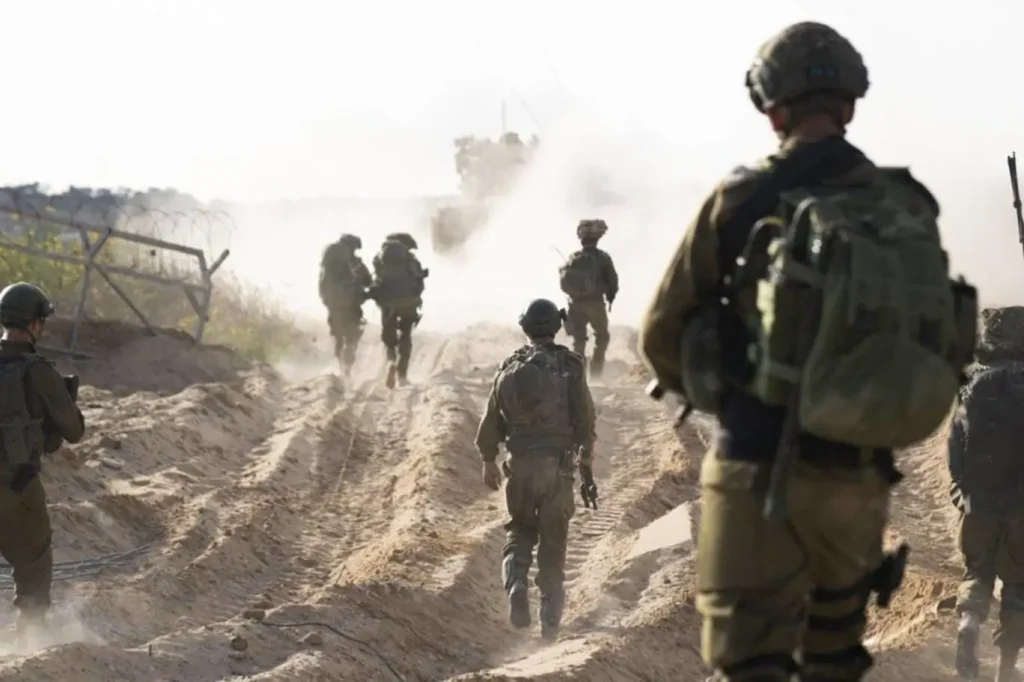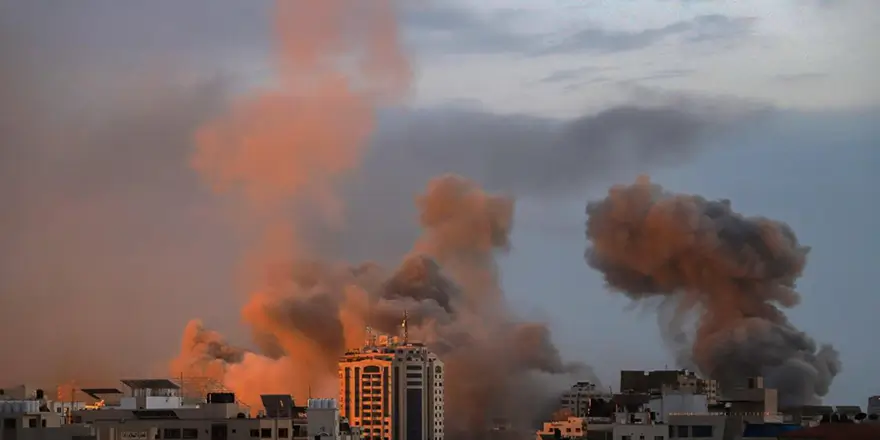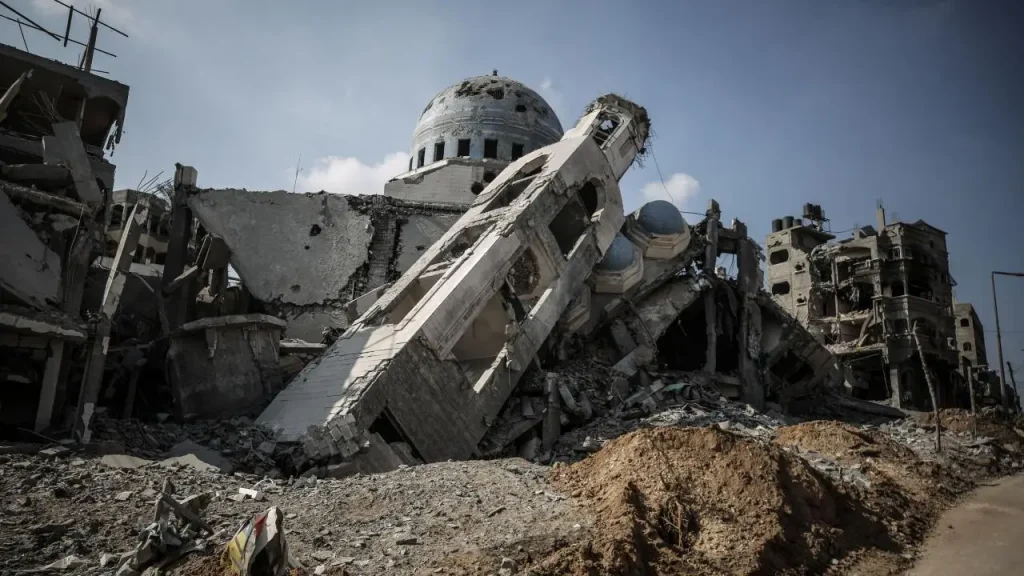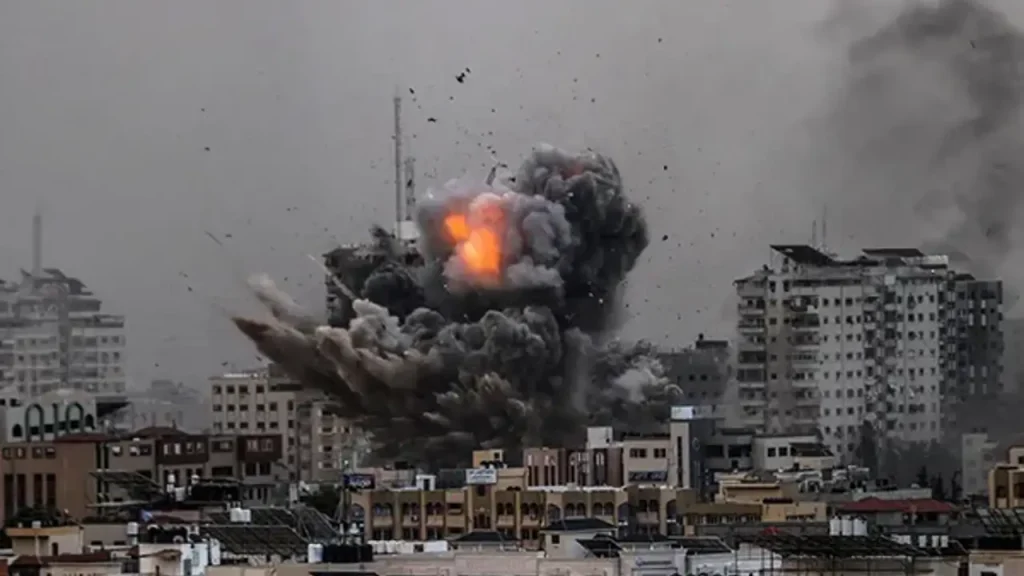In a significant development at the international legal front, Israel has announced it will vigorously defend itself against accusations of genocide filed by South Africa at the world court. This move comes amidst intensified conflict in the Gaza Strip, highlighting the complexities of Israel’s geopolitical challenges.

Israel’s Stand at the World Court
Eylon Levy, an official from the Israeli Prime Minister’s office, has strongly denounced the accusations from South Africa as politically and legally biased. He labeled them as “absurd blood libel,” asserting that Israel will present its case at the International Court of Justice in The Hague. This step indicates Israel’s serious approach to contesting these grave allegations at an international level.
The Genesis of the Accusation
The accusations from South Africa emerged following an intense conflict involving Israel and Hamas, particularly after the militant group’s attack on October 7. South Africa, lodging a case at the U.N.’s top court, has charged Israel with committing genocide against Palestinians in Gaza and urged the court to mandate Israel to cease its attacks.
Israel’s Perspective on International Cases
Historically, Israel has been critical of international legal actions against it, often dismissing them as unfair and biased. However, the government’s decision to actively engage with the International Court of Justice signals a strategic shift, possibly due to the gravity of the accusations and their potential implications.

The Gaza Conflict: A Broader Context
The recent legal developments coincide with ongoing heavy fighting in the southern Gaza city of Khan Younis. This conflict erupted after Israel’s announcement of withdrawing thousands of troops from other areas, indicating a potential strategic shift in its military operations.
Prime Minister Netanyahu’s Stance
Israeli Prime Minister Benjamin Netanyahu has pledged to continue the military campaign until the objectives, including the defeat of Hamas and the release of over 100 hostages in Gaza, are achieved. This statement suggests a prolonged and intensive military engagement in the region.
International Pressure and Humanitarian Concerns
Amidst the military actions, Israel faces growing international pressure, particularly with the visit of U.S. Secretary of State Antony Blinken to the region. The international community, including Blinken, has called for greater efforts from Israel to protect Palestinian civilians amidst the conflict that has already resulted in numerous casualties.

Internal Political Developments in Israel
Simultaneously, Israel’s internal political scene is witnessing significant events. The Israeli Supreme Court’s recent ruling striking down a controversial judicial overhaul plan represents a critical moment, potentially influencing both domestic politics and international perceptions of Israel’s judicial independence.
The Impact of the Supreme Court Ruling
This judicial ruling might play a crucial role in Israel’s defense against the genocide charges at the International Court of Justice. An independent judiciary is often a key factor considered by international tribunals when deciding on intervention in national matters.
The Humanitarian Aspect of the Conflict
The conflict has led to substantial displacement and loss of life in Gaza, raising serious humanitarian concerns. The high civilian toll, with a significant number of women and children affected, underscores the urgent need for a resolution that addresses both security and humanitarian needs.

